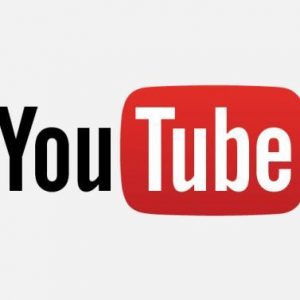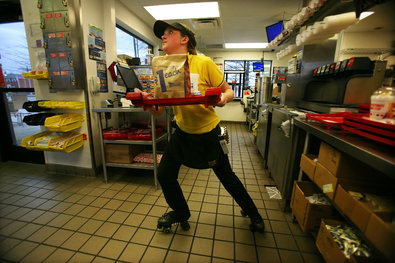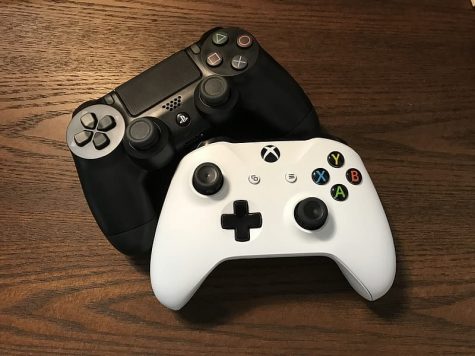YouTube’s Mistake Costs Innocent YouTubers Thousands of Dollars Per Video
How a law to protect children is taking money from hard-working people

Chloe Duckworth, also known as Dookehdookie, is a small-time animator on the online platform YouTube. Her subscriber count is large enough to have the occasional paycheck from her content. That was until one of her animated videos, an animation of a group call she had with her friends. The video’s content had jokes and references to adult topics. The video was fined $42,530 for violating the Children’s Online Privacy Protection Act, also known as COPPA, a policy that regulates targeted advertisements towards children online. The issue is the rules as to what violates COPPA on YouTube are far too unclear for a content creator to work beneath it.
The rules that a creator must not violate are too vague and have no specific outline to follow, which doesn’t let them accurately shift their work to not get fined.
The Federal Trade Commission, the enforcer of COPPA, and YouTube do not provide specific requirements for avoiding COPPA.
There must be an inclusion of some sort of regulations or a structured list of rules that allow content creators to use as a basis when making videos.
YouTube as a company has followed the terms of COPPA for most of its existence as a platform. Children, as defined by FTC, are individuals under the age of 13-years-old. YouTube adapted to these terms by making the mandatory age to access the site at least 13-years-old.
YouTube has targeted ads on its website, which collects data from the audience and viewers to decide on the advertisement. According to COPPA, collecting data from children is against their policies, which is why the age requirement on YouTube is vital to their production.
“YouTube has been COPPA compliant for years,” says Matthew Patrick, a well-known video essay writer. He is a writer who has made multiple pieces on COPPA’s presence on the internet, “But due to recent quotes from Google, they are now eligible to be fined.”The quote came from the video, Game Theory: Will Your Favorite Channel Survive 2020? (COPPA).
Google, the parent company of YouTube, has made many claims on the website, claiming that it is “the #1 website regularly visited by kids,” and “YouTube is today’s leader in reaching children ages 6-11 against top TV channels.” Not only did this claim conflict with YouTube’s supposed age limit, but also implies YouTube is taking viewer’s private information, knowing the viewers are children.
Direct COPPA policies, issued by the FTC, suggest a website must have a “toll-free number,” or a “fax, or mailing address,” for parents to send in consent, which arguably is almost impossible to incorporate to a website as popular as YouTube, which has roughly “500 hours of content uploaded daily,” as stated on the article, “YouTube Revenue and Usage Statistics (2019).”
YouTube is taking viewers’ private information, knowing those viewers are children.
But there are also countless, vague issues in COPPA policies that now creators must face during publication on the YouTube Website. FTC states that the “subject matter, visual content, use of animated characters, audio content, age of models, and language,” are all direct variables on whether a video will be fined or not.
“I watched a video called Helluva Boss on YouTube,” William Aponte Jr., an occasional YouTube viewer reflected. “It had to say that it wasn’t for kids because of COPPA, just because it was an animated show. It has blood in it.”
He continues, saying, “I feel bad for any channel that doesn’t say they aren’t for children, because who knows how much money they’re gonna lose. It’s gonna suck.”
What FTC and YouTube should do, is provide more opportunities to comply with COPPA and expand their requirements so no claims are made on videos without giving the content creator proper reasoning. There must be a structure or list provided by both YouTube and the FTC that is not only easily understandable but also helpful for innocent content creators to not fall for mistakes made by YouTube.
Many would claim that YouTube already provides actual opportunities for YouTubers to create content that does not accidentally violate COPPA, but it is obvious with the large outcry that YouTube needs more resources, such as operators and contacts to allow content creators to give actual feedback.
“I woke up to my Twitter being blown up, to find out one of my videos were removed,” Chloe Duckworth would begin to describe her experience. “I was like, ‘I didn’t remove any videos,’ so I went to my email to find a written cease and desist letter from FTC, arguing to take over 43 grand from a video they said was child-targeted even though it was obviously not.” The video in question had been an animation of audio from a group call of her and her friends.
Ms. Duckworth now does not upload onto YouTube but has now begun producing content for Instagram and Webtoons instead, where she can no longer make money from her creations.
YouTube and FTC, before you continue fining multiple videos for having content that may appeal to children, must include more specific guidelines for content creators so the problem could be avoided.







